Proceedings of the 9th World Congress
on Momentum, Heat and Mass Transfer (MHMT 2024)
April 11 - 13, 2024 | Imperial College London Conference Center, London, United Kingdom
The plenary & keynote information for the 9th World Congress on Recent Advances in Nanotechnology (MHMT 2024) is as follows:
Plenary Speakers
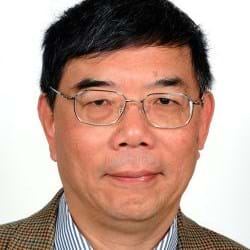
Dr. Li He
University of Oxford, UK
ENFHT'24 Plenary Speaker
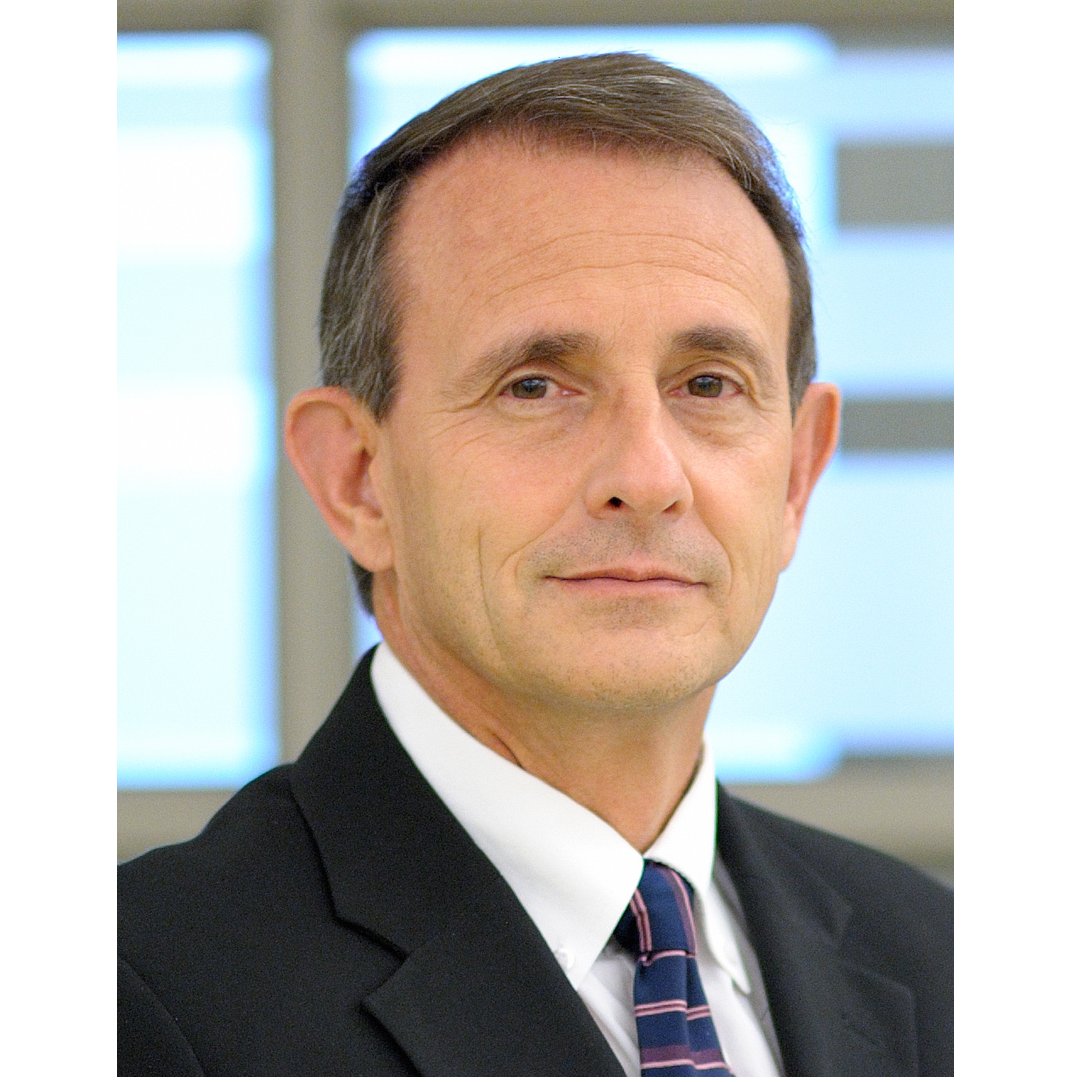
Dr. Josua P Meyer
Stellenbosch University, South Africa
ENFHT'24 Plenary Speaker
Keynote Speakers
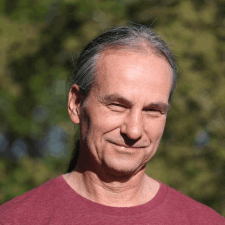
Dr. Lars Davidson
Chalmers University of Technology, Sweden
ENFHT'24 Plenary Speaker
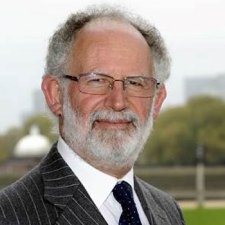
Dr. Koulis Pericleous
University of Greenwich, UK
ENFHT'24 Keynote Speaker
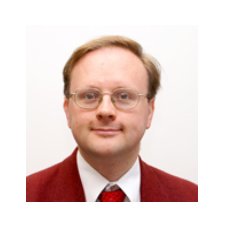
Dr. Gavin Tabor
University of Exeter, UK
ENFHT'24 Keynote Speaker

Dr. Li He
University of Oxford, UK
ENFHT'24 Plenary Speaker
Li He earned BSc & MSc at Beihang University (1982, 1984), and PhD at Cambridge University (1990). He remained at Cambridge as a postdoc and a college research fellow until 1993, then moved to Durham University, as Lecturer (1993), Reader (1998) and Professor (2000). At Durham, he became the Head of Thermofluids and the Director of Research for the School of Engineering, before being elected to the Royal Academy Engineering/Rolls-Royce Research Chair at Oxford (2008-2013).
He holds the Statutory Chair Professorship of Computational Aerothermal Engineering at University of Oxford, and is the Oxford co-director of the EPSRC Centre of Doctoral Training (CDT) in Gas Turbine Aerodynamics. He had been the head of the Osney Laboratory (2008-2011), and the acting director of the Rolls-Royce University Technology Centre (UTC) in heat transfer and aerodynamics. Under his leadership his leadership, the Osney Lab had undertaken a major (18 months) upgrading relocation, acquired the 2nd generation flagship Oxford Turbine Research Facility (OTRF), and doubled the number of academics. The new Osney Lab has been the reinvigorated centre of turbomachinery research at Oxford (renamed as ‘Oxford Thermofluids Institute’ since 2018).
Topic of Plenary:
Leveraging Scale-interaction: Two-scale Approach to Turbulent Flow and Heat Transfer over Smooth and Micro-structured Wall

Dr. Josua P Meyer
Stellenbosch University, South Africa
ENFHT'24 Plenary Speaker
Professor Josua Meyer was appointed as a professor at Stellenbosch University in April 2022. Prior to this position, he held the title of professor at the University of Pretoria. During his tenure as a professor, he served as the Head of Mechanical and Aeronautical Engineering, overseeing a student body of 1,900, for 20 years. Additionally, he held the position of Chair of the School of Engineering, with a student population of 7,000, for 17 years. Notably, this institution is renowned as one of the largest engineering schools worldwide.
Professor Meyer’s research encompasses a wide range of thermal sciences, with a specific focus on heat exchangers. His work in this area centres around essential investigations in internal forced convection, the transitional flow regime, nanofluids, boiling, and condensation. On an applied level, his research delves into thermal-solar, wind, and nuclear energy. He has cultivated a research group comprising approximately 30 full-time graduate students and 10 staff members. Over the years, he has also established several state-of-the-art laboratories, designed and constructed more than 14 unique experimental setups in collaboration with his team.
The recognition of Professor Meyer’s contributions extends beyond his academic appointments. He has been honoured with 11 national teaching awards from three different universities, in addition to an international award. His instructional videos on heat transfer, available on YouTube, have garnered over 1.8 million views. Furthermore, his exceptional research endeavours have earned him over 45 prestigious accolades, including 24 awards for the best article of the year or best conference paper. Notably, 12 of his postgraduate students have received international and national awards for the calibre of their work under his guidance.
Topic of Plenary:
Fundamental Differences between Developing Internal Forced Convection Flow for a Uniform Heat Flux and a Uniform Wall Temperature on the Wall of a Circular Tube

Dr. Lars Davidson
Chalmers University of Technology, Sweden
ENFHT'24 Keynote Speaker
Dr. Lars Davidsion is a professor at Chalmers University of Technology, Department of Mechanics and Maritime Sciences and he has been head of the division of Fluid Dynamics since 2005. The general subject of his research is the computation of fluid flow and heat convective transfer using finite volume computations. He is working with in-house finite volume codes (CALC-BVC, CALC-LES), which have been developed within the group. Turbulence modelling for fluid flow and heat transfer is the focus of his research. Currently, a larger part of the research is concentrated on Large Eddy Simulations (LES). Lately, Dr. Lars has been focused on hybrid LES/RANS, an approach to make it possible to use LES for wall-bounded flows at high Reynolds numbers. Since 2022, he has had to work on Machine Learning to improve wall functions and turbulence models.
Topic of Plenary:
Improving Turbulence Models and Wall Functions by Using Machine Learning

Dr. Koulis Pericleous
University of Greenwich, UK
ENFHT'24 Keynote Speaker
With a first degree in Aeronautics, Prof Koulis Pericleous completed a PhD in unsteady aerodynamics in 1978 at Queen Mary College, University of London. His first post-university employment was with Prof D B Spalding’s scientific software company CHAM Ltd, where as part of the development team contributed among others to the development of PHOENICS, the first ever commercial Computational Fluid Dynamics (CFD).
He joined the University of Greenwich, UK in 1989 and over his 30+ year tenure as the professor of CFD, he has enthusiastically promoted CFD as a tool for industry and the environment through both research and teaching. In Greenwich he formed the Computational Science and Engineering research group and brought his knowledge of fluid dynamics into both practical and fundamental research. Recent focus has been the multi-physics world of metals processing, in particular aerospace alloys and light metals. This work encompassed many length scales from macroscale (such as continuous or shape casting, aluminium electrolysis cells and VAR processing), mesoscale (welding and Additive Manufacturing) to microstructure formation (freckle defects, or high undercooled growth).
The complex nature of all these processes led Koulis to develop PHYSICA, a multi-physics code in continuous evolution since 1992. Koulis has received numerous awards including the TMS 2021 Light Metals Award for his work on “Contactless Ultrasonic Treatment in Direct Chill Casting”, detailing a novel idea of generating fluid flow and ultrasonic cavitation in liquid metals from an external magnetic field. He has supervised over 40 PhD students, co-authored around 400 articles, led many national and international projects, and provided consultancy services to a number of organisations worldwide.
Topic of Keynote:
Solidification of Alloys under the Influence of External Fields

Dr. Gavin Tabor
University of Exeter, UK
CSP'24 Keynote Speaker
Gavin Tabor is Professor of CFD at the University of Exeter and has spent much of his career developing and promoting CFD and the open source code OpenFOAM. Having started off studying Physics at university (BA Natural Sciences, University of Cambridge, 1990; DPhil Theoretical Astrophysics, University of Oxford, 1994), he then worked for 5 years as a postdoc in the research group led by Prof David Gosman at Imperial College, working on CFD for multiphase flow and premixed turbulent combustion. At this time he also began working with and contributing to the code FOAM (Field Operation And Manipulation), later to be released as OpenFOAM.
Appointed as a lecturer in Mechanical Engineering at the University of Exeter in 1999, he has developed an extensive research programme in CFD in areas as diverse as turbulence modelling, multiphysics, image based meshing, and optimisation. He has also worked on the application of CFD in areas such as biofluid mechanics, sustainable urban drainage and additive manufacture, and collaborated closely with major UK and international companies – current collaborations are with Hydro International (SUDs), Torin Sifan (turbomachinery) and Oxford Instruments (plasma simulation). In addition to the “traditional” area of physics-based simulation in CFD, Prof Tabor’s recent work has also included Machine Learning/Data Science approaches to simulation, including Bayesian Optimisation and Physics-Informed Neural Networks (PINNs).
Prof Tabor continues to be active within the international OpenFOAM community, particularly as Chair of the Joint Technical Committees for OpenFOAM Governance, and on the Editorial Advisory Board for the new OpenFOAM Journal. He is a member of the CCP-WSI+ team building a UK community in numerical Wave-Structure simulation and other coupled multi-physics problems, and also part of the Isambard Tier 2 HPC team. At the University of Exeter he teaches courses on Fluid Mechanics and CFD, and is the Director of Research and Innovation for the Department of Engineering within the Faculty of Environment, Science and Economy (FESE). He is a Fellow of the IOP and both a Chartered Engineer and Physicist.
Topic of Keynote:
Coupling Bayesian Optimisation with CFD for Multiphysics Optimisation